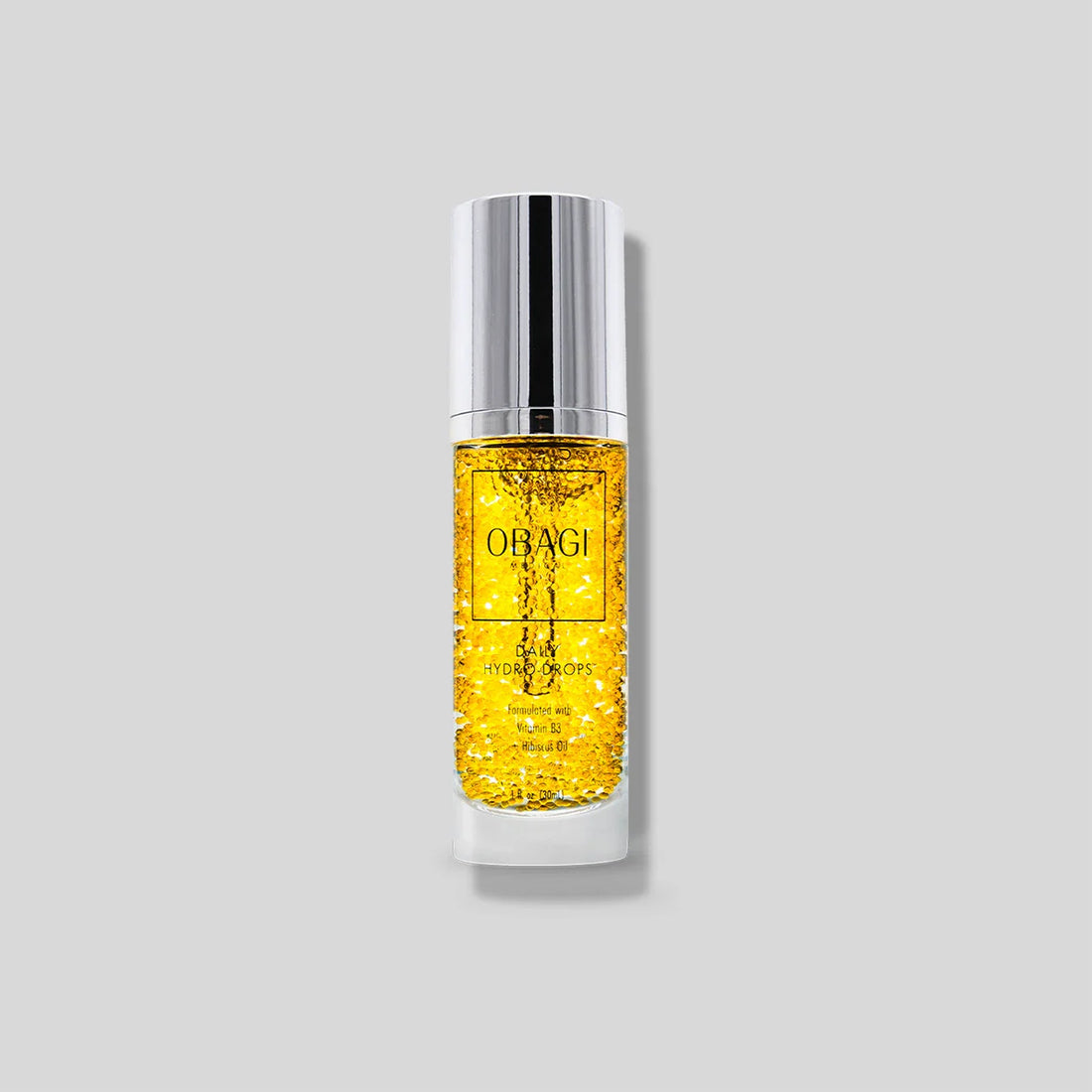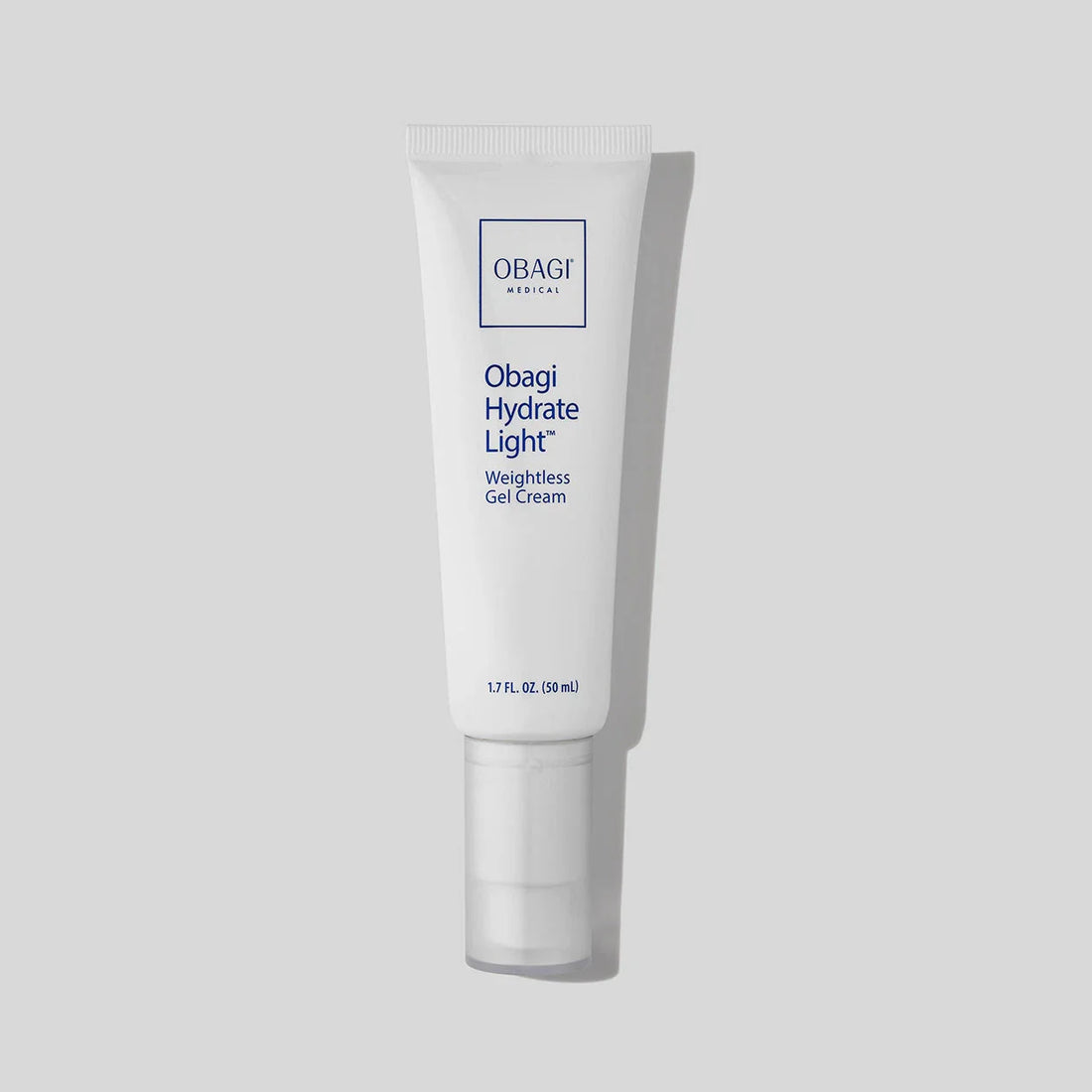In the world of aesthetic treatments, innovation is key to achieving natural-looking results with minimal downtime. One of the latest trends making waves in the skincare industry is "Salmon Sperm Facial", aka polynucleotides, a type of biostimulating injectable that is quickly becoming a favourite among practitioners and clients alike. But what exactly are polynucleotides, and why are they gaining popularity? Let's dive into what makes this treatment so unique and effective.
What Are Biostimulating Injectables?
Biostimulating injectables are a category of cosmetic treatments designed to rejuvenate the skin by stimulating the body’s natural processes. Unlike traditional fillers that add volume to specific areas, biostimulating injectables work by promoting collagen and elastin production, enhancing skin quality from within. The goal is to improve skin texture, elasticity, hydration, and firmness, resulting in a more youthful and radiant appearance.
These treatments are ideal for those looking to address signs of aging, such as fine lines, wrinkles, and sagging skin, without undergoing invasive procedures. By harnessing the body's natural healing and regenerative capabilities, biostimulating injectables offer a more subtle and natural enhancement.
What Are Polynucleotides?
Polynucleotides are a type of biostimulating injectable made from natural DNA fragments. These DNA fragments are derived from purified sources, making them biocompatible and safe for use in skin treatments. When injected into the skin, polynucleotides work at a cellular level to stimulate regeneration and repair, leading to improved skin health and appearance.
The unique properties of polynucleotides make them effective at:
- Promoting Cell Regeneration: Polynucleotides boost the skin's ability to repair itself by enhancing cellular turnover and stimulating the production of new, healthy cells.
- Stimulating Collagen and Elastin Production: These injectables activate fibroblasts, the cells responsible for collagen and elastin production, which helps improve skin firmness and elasticity.
- Enhancing Hydration: Polynucleotides improve the skin's hydration levels by attracting water molecules, resulting in a plumper, more hydrated appearance.
- Improving Skin Texture and Tone: By boosting collagen production and cellular renewal, polynucleotides help smooth out fine lines, wrinkles, and uneven skin texture, leading to a more youthful complexion.
Why Are Polynucleotides Trending?
The popularity of polynucleotides is growing rapidly, and for good reason. Here are some key factors contributing to their rise in demand:
-
Natural Results: Polynucleotides offer a natural approach to skin rejuvenation by enhancing the skin's own regenerative processes. This leads to subtle, natural-looking improvements rather than the more dramatic changes associated with traditional fillers.
-
Minimal Downtime: As a minimally invasive treatment, polynucleotides involve little to no downtime, making them an attractive option for individuals with busy lifestyles who want effective results without prolonged recovery periods.
-
Safety and Biocompatibility: Since polynucleotides are derived from natural DNA, they are highly biocompatible, meaning they are well-tolerated by the body and carry a low risk of allergic reactions or adverse effects.
-
Versatility: Polynucleotides can be used on various areas of the body, including the face, neck, décolletage, and hands, providing a versatile solution for overall skin rejuvenation. They are particularly effective for delicate areas, such as the under-eye region, where the skin is thinner and more prone to aging.
-
Long-Lasting Benefits: The effects of polynucleotide treatments continue to improve over time as collagen and elastin production increases. With results lasting several months, polynucleotides offer a long-term solution for maintaining youthful, healthy skin.
What Are Polynucleotides Made Of?
Polynucleotides are composed of natural DNA fragments, which are carefully extracted and purified to ensure safety and efficacy. These DNA fragments are the building blocks of nucleic acids like RNA and DNA, essential for cell function and regeneration. When injected into the skin, these fragments help boost cellular activity, promoting the natural repair and rejuvenation processes essential for healthy, youthful skin.
Basically, in simpler words, this means they work by waking up your skin cells, encouraging them to repair and renew, which results in smoother, firmer, and more radiant skin.
What Can You Expect from a Polynucleotide Treatment?
During a polynucleotide treatment, a trained practitioner will inject the solution into specific areas of concern using fine needles. The procedure is generally quick, taking about 30 to 45 minutes, and most patients experience minimal discomfort. Numbing cream can be applied beforehand to enhance comfort during the injections.
After the treatment, there may be some mild redness or swelling, but these side effects typically subside within a few hours to a couple of days. Results start to become visible within a few weeks as the skin begins to regenerate and improve. For optimal results, a series of treatments may be recommended, typically spaced 4 to 6 weeks apart.
The Future of Polynucleotides in Aesthetic Medicine
As more people seek natural, non-invasive solutions for maintaining youthful skin, polynucleotides are set to become a staple in aesthetic medicine. Their ability to promote skin health from within, combined with their safety profile and long-lasting results, makes them an appealing option for those looking to enhance their appearance without surgery or downtime.
If you are interested in learning more about polynucleotide treatments and how they can benefit your skin, schedule a consultation with a qualified practitioner here. Discover the potential of this innovative treatment to rejuvenate your skin and achieve a naturally radiant look.








